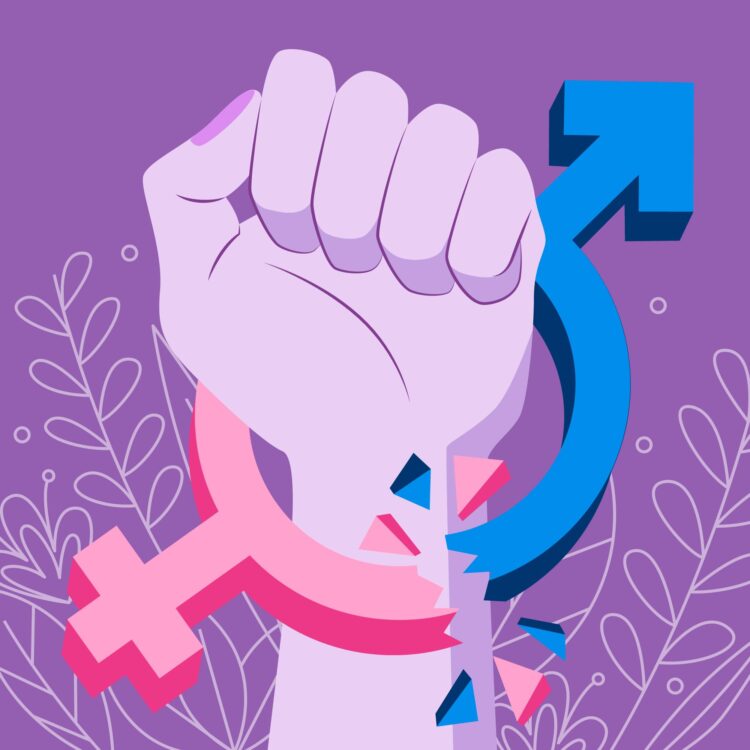Within the series of lectures “New views, perspectives and research on gender theory “, the Study Research Group for Gender Equality and Public Policy of the Institute of Social Sciences, Dr. Vladimir Mentus, research associate at the Institute of Social Sciences, held an online lecture about the moderating effect of gender equality on gender differences in the perception of wage fairness.
More specifically, the research deals with whether there is a different perception of pay fairness between men and women in more and less gender-equal societies. In the beginning, Eurostat data from 2020 were presented, which indicate the size of the gender wage gap by country, consistently to the detriment of women. Using data from the last wave of the European Social Survey from 2018, with over 50,000 respondents from 29 countries and employing hierarchical linear modeling (which provides the possibility of examining the association of individual-level variables, such as gender, with group-level variables, such as the level of gender equality in society), Mentus showed the existence of a statistically significant but very weak effect of gender on the perception of pay fairness. In other words, gender has a very weak influence on the perception of pay fairness. Additionally, the data indicated that gender equality is not a significant moderator of this association – the gender gap in the perception of pay fairness is negligibly small in both more and less gender-equal societies.
Mentus explained his findings by the deep-rooted structural inequalities and discriminatory mechanisms in the labour market, which lead to the internalization of beliefs about gender status and the reproduction of the objectification of gender differences so that these are accepted as fair, whereby such mechanisms are still very present even in the most gender-equal societies. In that context, the previously found paradox of the contented female worker may be observed. It refers to the findings that women, although characterized by objectively worse working conditions, subjectively do not rate their job satisfaction as lower compared to men. Explanations of that paradox most often come from the theory of social comparison – which states that in such ratings, women are most often compared to other women, then, from the reward expectations theory, according to which female inputs into the labour market are considered less valuable and therefore justly less paid, and finally, with the associated socialization process – the internalization of the subordinate position by women.
A very interesting presentation stimulated a discussion about the gender pay gap and the factors underlying this phenomenon, which is used as one of the important indicators of the unequal position of women and men. It was pointed out that this question, even if it has been present for a long time both as a segment of policies towards gender equality and among researchers looking for an explanation of the causes, remains one of the research challenges that should be investigated. In that sense, the importance of the social and political context, the specifics of the employment modality of women and men, and the importance of certain issues concerning the association between work and the sphere of family life were discussed, and how the introduction of more flexible forms of work and the spread of other alternative forms of employment can affect future gender differences in wages.
The need for a deeper examination of the gender pay and satisfaction gap in public and private sectors was highlighted, as well as regarding educational characteristics and socio-economic inequalities.

